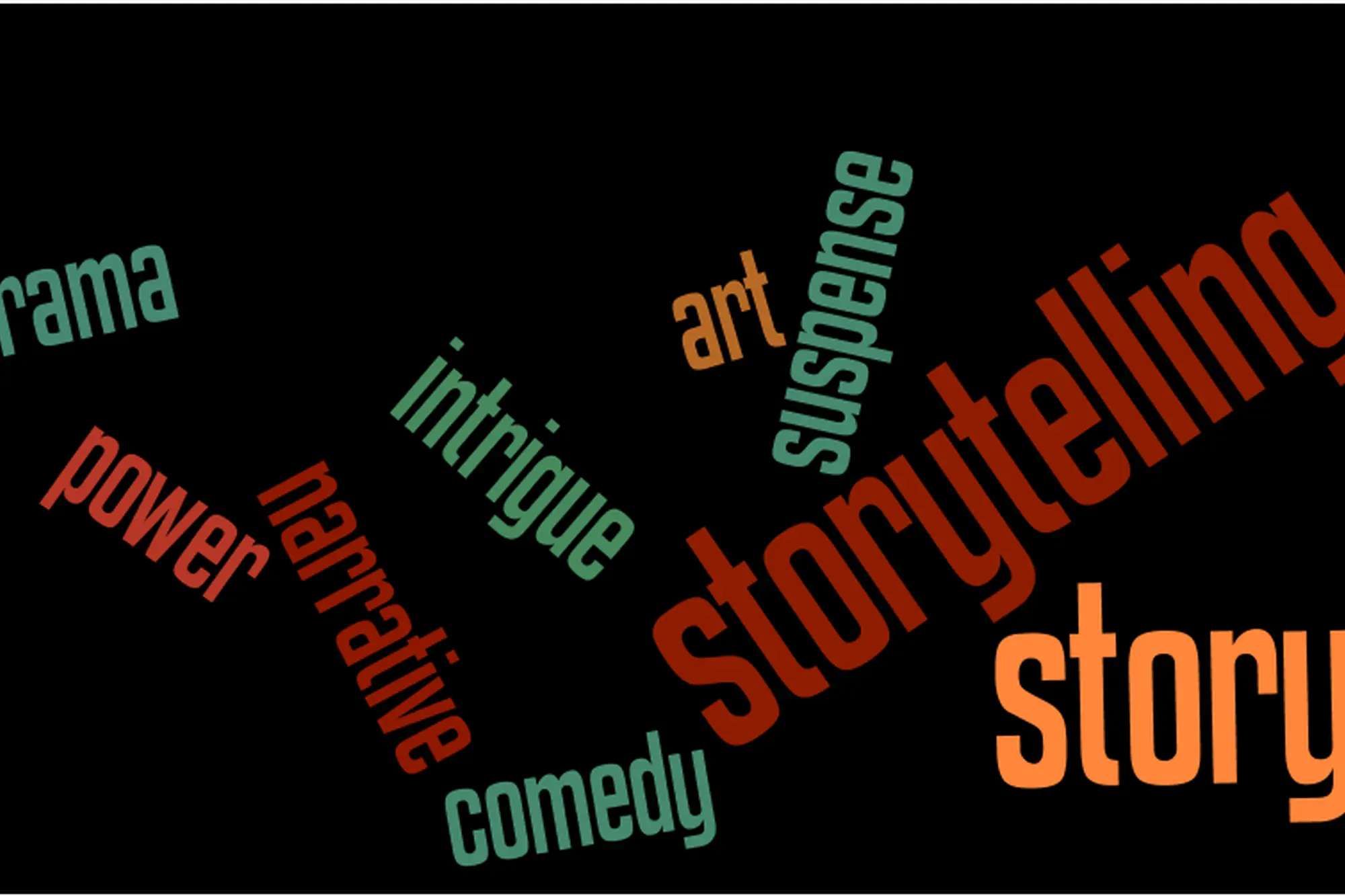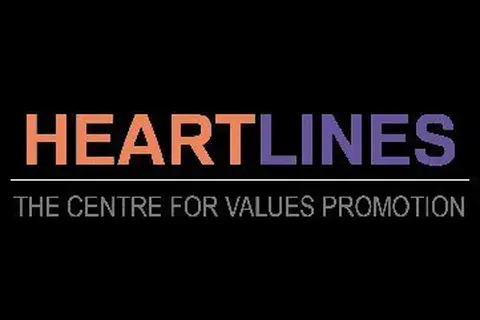The power of storytelling - Dr Garth Japhet
Apartheid* Dr Garth Japhet, CEO of HEARTLINES, shares on the power of story to transform society *
My story begins one dark night in rural Africa. It had been bucketing down for days, turning the ochre coloured earth into a sea of cloying red mud. Rivers had taken on a life of their own, bursting their banks, and like elephants in full charge, sweeping all before them.
As I desperately tried to navigate my Landrover along the morass that was the road, the impassioned cries of the nurse still rung in my ears. “Doctor you have got to come, she’s just a girl and if we don’t get that baby out they’ll both die.”
There was one more river to cross before I got to the clinic, either I drove across it and ran the risk of being swept away, or the baby died. What should I do? Summoning all my courage I engaged first gear and approached the river. As my wheels entered the raging torrent, my lights died, but I was committed. With water swirling around my feet I somehow made it across the river and to the clinic.
What greeted me was a nightmare. The scene, lit only by flickering kerosene light, revealed an exhausted nurse alone with a young girl, almost a child, who lay on a blood-soaked mattress, her eyes too tired to focus on me.
I quickly listened for the baby’s heart; it was there, but dangerously irregular. I knew an immediate caesarean was the only hope for both mother and child. Ten minutes later, with only local anaesthetic, without the benefits of a surgical theatre and proper lighting, the crying baby entered the world.
Clammy hands and heart racing… I put down the book and decided to do medicine.
A story had entered my imagination and shaped my future. Other stories have also shaped like the stories told by my father after at the dinner table about the injustices of apartheid South Africa and his own attempts to make a difference.

So why did a story have such a profound impact on me?
Today, stories are an intrinsic part of our societies and culture. In movies, books, music, news media, religions, architecture and painting, the influence of storytelling is to be seen in all aspects of our lives. These stories define our values, desires, dreams, as well as our prejudices and hatreds.
The history of storytelling is ancient, lost in the mists of time. We know, however, that storytelling is one of the defining qualities of our humanity and sets us apart from other animals.
It is not surprising, then, that all religions are story based.
Before man learned to write, he had to rely on his memory to learn anything. When people travelled, the stories travelled with them. And, when they returned home, they brought with them exciting new tales of exotic places and people.
The oldest written surviving tale in the storytelling history is the epic, Gilgamesh, relating to the deeds of a famous Sumerian king (Modern Iraq) in 2500BC.
So why does story have such an impact on human behaviour? What goes on in the brain when a story is told gives us fascinating insights. We all enjoy a good story, whether it's a novel, a movie, or simply something one of our friends is explaining to us. But why do we feel so much more engaged when we hear a narrative about events?
It’s quite simple: listen to a presentation and it activates the language processing area – the Broca's and Wernicke's area - to decode words into meaning and little else. Storytelling activates much more, including our sensory and motor cortex.
Anything you've experienced can be “experienced” by those to whom you relate your experiences to. This is because the brains of the person telling a story and the person listening to a story can synchronize, says Uri Hasson from Princeton.
We think in narratives all day long, no matter if it is about buying groceries, work or our spouse at home. We make up stories in our heads for every action and conversation. In fact, the researcher Jeremy Hsu found that "personal stories and gossip make up 65% of our conversations".
These stories we tell ourselves and choose to listen to, have an immense impact on who we are. If those stories are filled with ‘I can’t do it, I am not good enough’ and so on... then we are likely to act in accordance with those stories. Thankfully the opposite is also true.
Storytelling shaped my life: it guided me to media and then to health promotion. At Soul City, I stumbled onto the power of story to change behaviour around issues of health. In fact, fiction seemed to be more effective at changing behaviour than writing designed to persuade through factual argument and evidence.
Research shows that fiction is often more emotive and therefore engages us more. We seek out the experiences that connect in order to encourage change.
After 10 years of Soul City I reviewed my own storyline and recognised that, beyond health, South Africa’s challenges related to the breakdown of our moral fabric.
In 2004, I founded Heartlines, an organisation that uses stories to promote positive values. Using stories to shift morality is not new, fairy tales being a good example. These imaginative tales about humble characters who overcome the odds and want to grow toward greater love and goodness have impacted the moral lives of children for centuries.
An imaginative scientist who has read all kinds of fairy tales for decades once said: "When I read these old stories, they feel like vaccines. They encourage me to go out, live well, and do good!’
Do they really make a difference?
We believe so. Our first project in 2006 consisted of eight films all tacking different values under a national conversation called “8 weeks, 8 values, one national conversation”
I remember in particular the story of a man who had not spoken to his father for 20 years and after having seen the film on forgiveness called his father and reconciled with him. We know that stories have the power to change the way we view the world.
This October, Heartlines will kick off a new campaign on money and values with a film called Nothing for Mahala. It tells the story of an ambitious young man called Axe whose search for status has him caught in a vicious debt trap. Sentenced to community service, Axe meets a grumpy Hendrik who is at the end of a career defined by the drive for status.
In many ways, Axe and Hendrik’s challenge are the same choices faced by our young country on the eve of twenty years of democracy: Who do we want to be? How do we want to define our success, our wealth, our heritage?
As a young country, we are still writing the script. And, it is time to recognise the power in our story.
Featured




